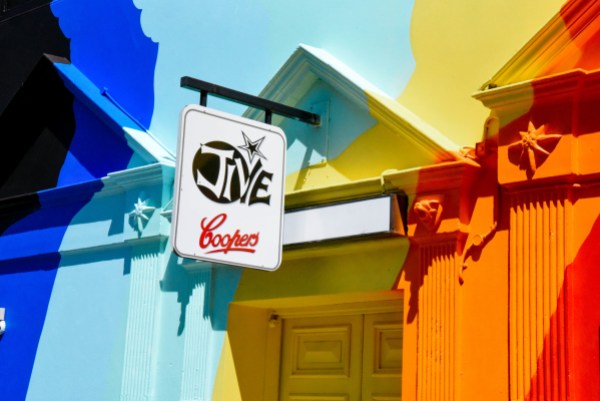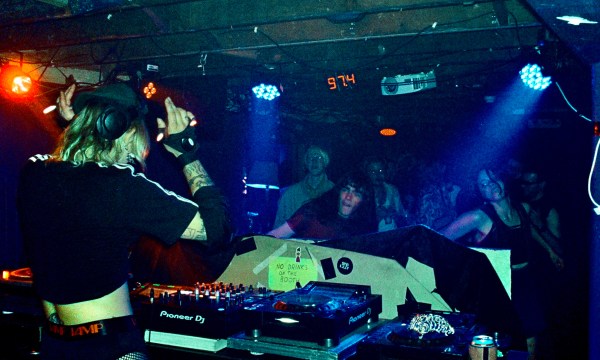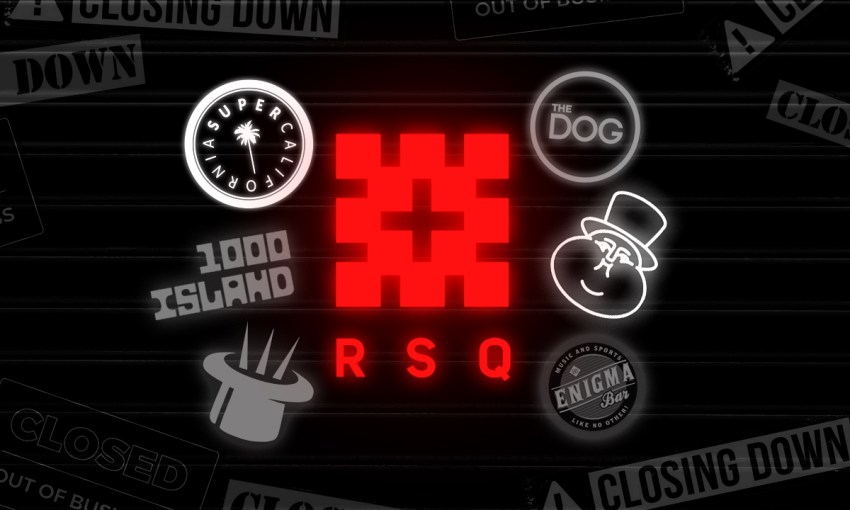Adelaide City Council will host a roundtable forum to discuss the challenges facing Adelaide’s night time economy.
Council to investigate Adelaide’s declining nightlife
Councillor Arman Abrahimzadeh urged the council at last night’s meeting to meet with relevant stakeholders and create a report exploring ways to assist Adelaide’s nightlife industry in the council’s upcoming budget.
The preliminary findings should be presented to the council in time to action any assistance options in the 2024-25 budget.
Abrahimzadeh’s original motion requested the report be produced as early as March, but after discussion it was determined the deadline was too ambitious.
The move comes after 12 West End venue closures in the past year, with six announced in December alone. These include Super Bueno, Super California, Fat Controller, Enigma Bar, 1000 Island, Mr Kim’s, Wnderland, Precinct, Lux, Strats and Onyx.
These closures were due to the increased cost of overheads such as rent and insurance and a decline in patrons who are looking to cut back on expenses as the cost of living increases.
Abrahimzadeh noted Red Square as the latest casualty, following news that it will close in March after operating on Hindley Street for 22 years.
“That just goes to show there is something happening in that part of the city that needs our focus and attention,” he said.
Business owners have been calling for support since last year, with Jive founder and Independent Live Venues alliance member Tam Boakes telling CityMag in December that now is “the toughest time most of us had ever endured” in the West End.
She described the situation as “do or die” with financial assistance needed in the short-term, and a long-term strategy regarding getting audiences back.

This picture: Jack Fenby
Councillor Janet Giles, who sits on the UNESCO Adelaide City of Music board, said it was a more complex issue than venue closures and that there must be a distinction between live music venues and nightclubs.
While venues like Super California and Red Square are predominantly known as nightclubs, with local and touring DJs performing, other venues like Fat Controller have straddled the nightclub and live music venue line hosting an array of artists over the years.
Existing live music venues like Jive, the Grace Emily Hotel and others within the Independent Live Venue Alliance support emerging artists and have a focus on live music across genres, as opposed to a nightclub environment.
Giles said that after discussing the matter with City of Music General Manager Joe Hay, they determined it was a crisis with a cultural solution.
“Joe said to me, ‘how do we have a sustainable and exciting 24-hour economy?” she said.
“It’s not all wild parties, but activities and services for people post night out and infrastructure to bring people in and take people home again.”
Giles said that the city’s west was something she’d “bang on about all year” as an area not looked at enough.
“There are many things outside the venues on Hindley Street that are creating a city for music,” she said.

Ancient World. This picture: Emerald
Part of the cultural cost of losing these venues are losing the smaller, alternative spaces that cultivate community and take a chance on younger performers getting their start.
Operators of Hindley Street alternative venue Ancient World told CityMag in December that they were also struggling to stay afloat and without them “it’ll be harder for younger bands who might not be big enough to play in a bigger venue yet”.
The council also noted major festivals and events are becoming competition for small to medium venues, due to Adelaideans saving up for a festival rather than going to smaller gigs more often.
“I have four young adult children and one of the reasons they don’t go out regularly is because it’s too expensive,” Councillor Mary Couros said.
Couros noted the behavioural change should be looked into because while her children aren’t going out often, they do see value in festivals.
In 2023, which is considered the first full post-pandemic financial year, major concert and festival revenue increased by 400 per cent.
Despite the success of the festival industry, 1300 small to medium live music venues have closed across Australia with nightclubs struggling to fill their spaces, with almost half the number of patrons than pre-pandemic nights.

Tash Sultana on the Vintage Vibes festival stage 2023. This picture: Andrew Beveridge
Councillor Henry Davis drew attention to the city population skewing younger and a lack of nightlife impacting the city’s economy.
“We all bring a unique perspective to this chamber and as the second youngest and single member of this chamber, I’m concerned very much about our city’s nightlife and I’ve certainly seen a decline in recent years,” Davis said.
“As you all know I’m quite the cocktail connoisseur but a 7 per cent downturn in our city’s nightlife particularly with a growing population is quite a significant gap.”
The main street upgrade of the Hindley Street precinct between King William and Morphett Streets is also said to support the industry.
The Hindley Street upgrades, which involve widening footpaths, reducing car parks, and tree planting, was allocated $15 million from the Adelaide City Council and is scheduled to begin works in December.
The council will explore options to assist the area, including considering business assistance packages in their upcoming budget and seeking state government assistance.
The most recent state government intervention in this issue is the $900,000 extension to the “See It Live” grants program announced in January. Operators can apply for grants of up to $60,000 through the South Australian Business Chamber to host live music, focussing on attracting patrons and creating job opportunities for local musicians, lighting and sound techs.




